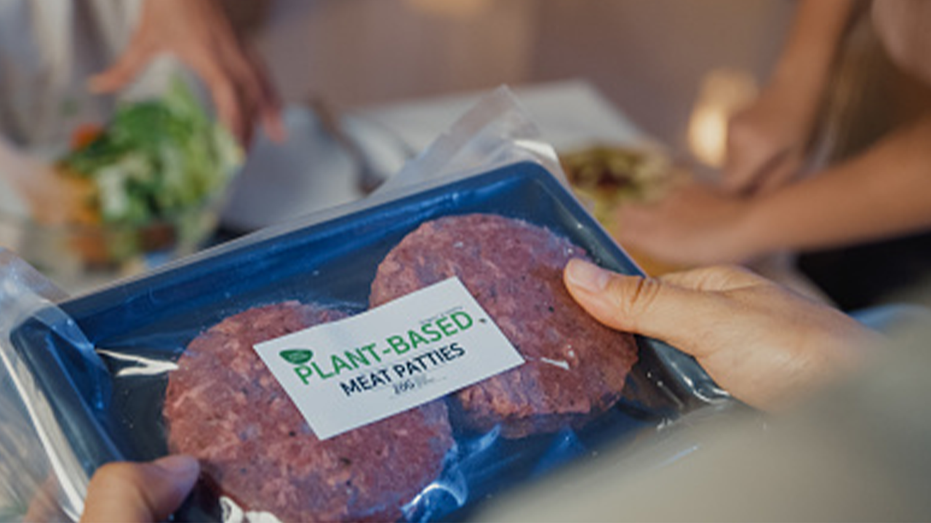‘Meat-centric’ meals like Thanksgiving contribute to a climate crisis: Bloomberg
Meat, which is often the main event in celebratory meals for holidays around the world, is fueling the climate crisis, according to experts who spoke with Bloomberg.

Americans' Thanksgiving dinner is allegedly harming the planet.
Turkey, or more broadly, meat, which is often the main event in celebratory meals for holidays around the world, is fueling the climate crisis, according to experts who spoke with Bloomberg.
In fact, meat eating has become excessive, Emma Garnett, a postdoctoral researcher who studies behavior change and sustainable diets at the University of Oxford, told Bloomberg.
Especially in industrialized countries like the US, people consume more meat than dietary guidelines recommend, Bloomberg reported, pointing to scientific data that they say overwhelmingly shows excessive meat eating is not only bad for one's health, but also for the planet.
"Food systems are responsible for a third of global greenhouse gas emissions, which is huge," Stacy Blondin, a behavioral science associate at World Resources Institute, said, adding that the production, transportation and consumption of animal-based foods are the dominant source of food-related emissions.
PLANT-BASED MEAT NOT NUTRITIONALLY THE SAME AS REAL MEAT: STUDY
Citing a study published in Nature Climate Change in August, Bloomberg said shifting diets at scale "away from meat-centric meals to plant-based ones could dramatically cut greenhouse gas emissions," claiming that if the entire world were to adopt a diet consisting mostly of plants, current annual global dietary emission levels would drop about 17% compared to 2019 levels.
"But getting people to change what they eat isn’t easy. A lot of emotion and personal identity is wrapped up in food," according to Bloomberg. "There also can be stigma attached to people who don’t eat much meat, as well as misinformation about plant-based diets, such as false claims that they can’t provide enough protein or that soy can feminize men."
Bloomberg provided suggestions based on "research and experimentation" to figure out the best way to get people to shift from a meat-based diet to a plant-based one.
Suggestions included "nudges toward greener food" by giving plant-based meals premium visibility and marketing on shelves, tables and menus.
For example, some restaurants have tweaked menus so that plant-based options come first or are highlighted as a "chef’s special" or "dish of the day," offered discounts or promotions on plant-forward meals or used more indulgent language to describe plant dishes.
Another suggestion includes "meat-free days" or even meat-free months, like Veganuary, where individuals remove meat from their diets for the month of January.
"Veganuary’s success may also be down to the positive social pressure created by the knowledge that thousands of other people are also cutting out meat and dairy for the month," Bloomberg writes. "Still, there are some limitations. Trying to convince people to go vegan solely for environmental reasons could backfire, or be seen as too preachy."
Bloomberg also suggested people "just eat less," which some people may already be doing without realizing it, as some dining halls, restaurants and marketplaces use blending techniques, making meatballs or burgers out of a mix of minced meat and vegetables.
Lastly, Bloomberg suggested that plant-forward food should "taste at least as good as meat-based options," citing the Menus of Change University Research Collaborative, which is crowdsourcing "culinary techniques, menu concepts, recipes" from chefs across institutions to improve the flavor of plant-based food, according to Sophie Egan, the group’s co-director. The Culinary Institute of America is also offering a 19-course Plant-Forward Kitchen Training and Certification program for food service staff.
"If the food doesn’t taste good, no matter how much you discount it or promote it or place it in people’s faces, they’re not going to want to eat it," Blondin told Bloomberg.



